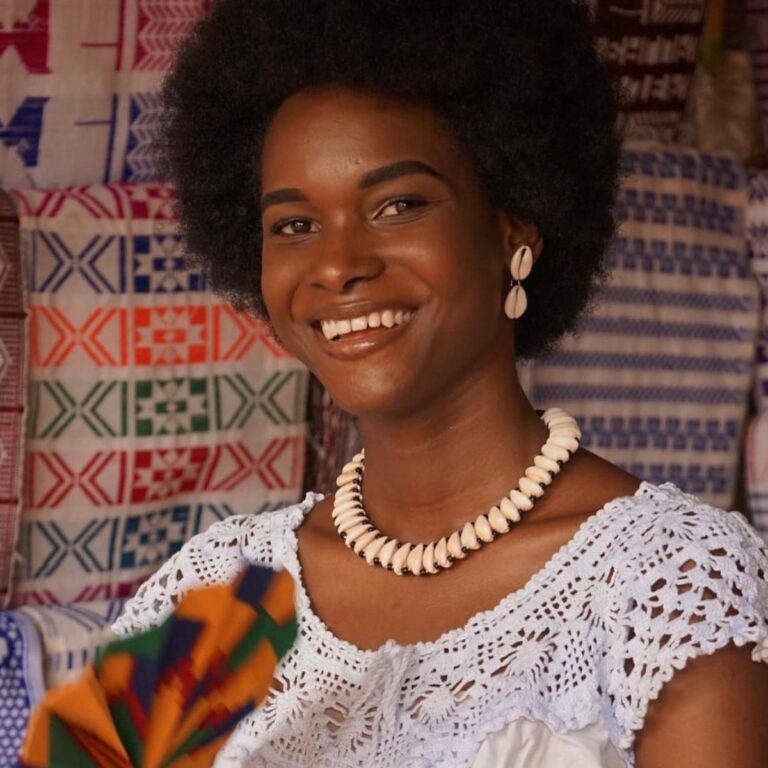Introduction
In recent years, Guinean women have made significant strides in political participation. Empowering women in politics is not just a matter of equality; it’s crucial for the democratic process as a whole. This article examines the progress made and the challenges that still lurk in the path of Guinean women.
Historical Context
Historically, women in Guinea have faced numerous barriers to political involvement. The patriarchal structure of society has limited their roles and opportunities. Understanding this context is crucial for evaluating the advancements made today.
Post-Colonial Era
In the post-colonial era, the political landscape began to change in Guinea. Women started to assert their presence in various sectors, yet political representation remained minimal. Highlighting individual stories of female politicians sheds light on their determination.
Recent Developments
Recent policy reforms have aimed at increasing women’s representation in politics. The government has introduced quotas and legal frameworks to promote gender equality. These initiatives have facilitated a noticeable increase in the number of women elected to local and national offices.
Community Engagement
Community engagement plays a vital role in strengthening women’s political participation. Grassroots organizations have worked tirelessly to educate women about their rights and the electoral process. These efforts often lead to increased awareness and participation in local governance.
Challenges Ahead
Despite significant advancements, challenges persist in the political arena. Societal norms often deter women from participating fully in politics. Addressing these challenges will require a combined effort from both women and men within the community.
The Role of Education
Education is a fundamental pillar in empowering women for political participation. Increased access to education has provided women with necessary skills and knowledge. Investing in education ensures that future generations of Guinean women are prepared to lead.
Conclusion
The journey toward full political participation for Guinean women is ongoing. The progress made so far is commendable, but the fight for equality continues. For more insights on this topic, visit Borgen Project.

